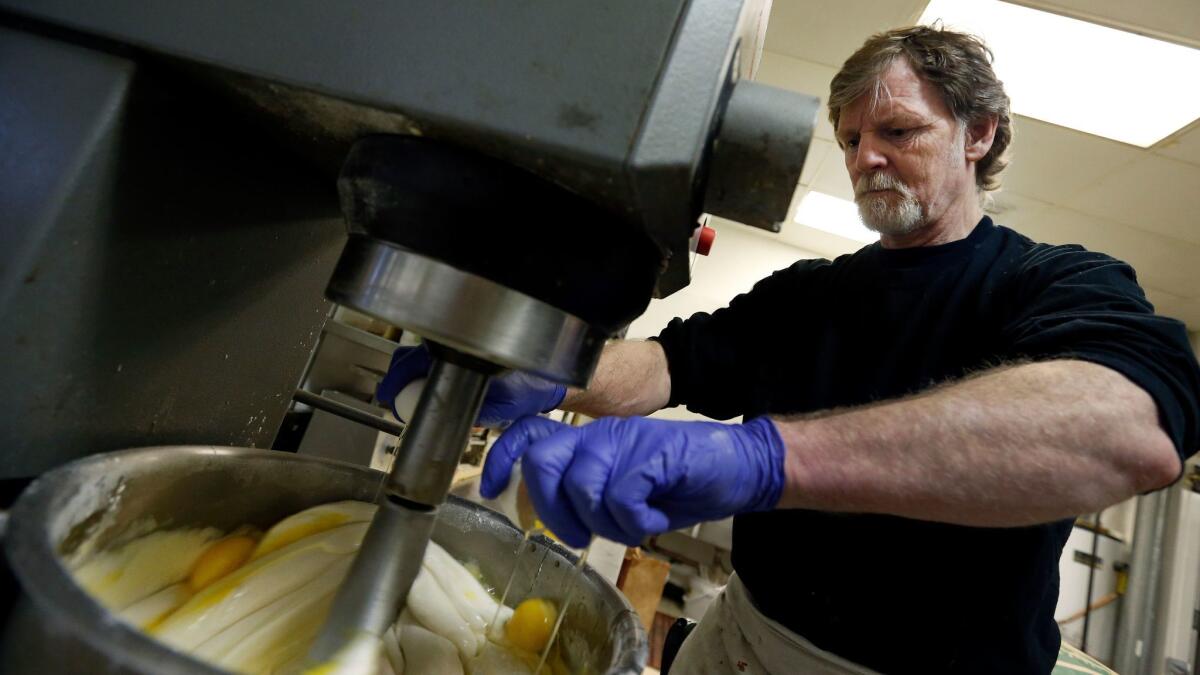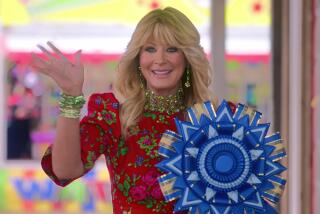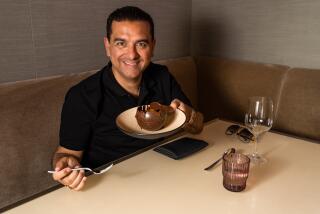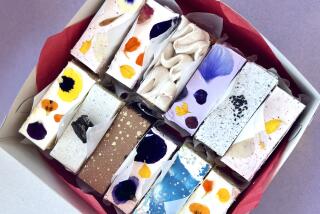Editorial: There’s no ‘gay wedding cake’ exception to anti-discrimination laws

With support from the Trump Justice Department, a Colorado baker who describes himself as a “cake artist” is arguing to the U.S. Supreme Court that he should be allowed to refuse to supply a wedding cake to a gay couple, despite a state law prohibiting discrimination by businesses on the basis of sexual orientation. He argues that his religious objection to gay marriage entitles him to protection under the 1st Amendment.
Jack Phillips may be utterly sincere in his opposition to same-sex marriage. But a ruling permitting him to opt out of such an important anti-discrimination law on the grounds of free speech or freedom of religion would undermine the enforcement of laws against all sorts of discrimination in restaurants, hotels and other so-called public accommodations.
Phillips, his lawyers and the Justice Department emphasized in their arguments that it was a “custom” cake Phillips refused to bake for Charlie Craig and David Mullins when they came into his shop in 2012.
Creating such an artistic cake, Phillips’ lawyers say, is a form of speech; it is “not just baking batter and applying icing from a tub.” If he were compelled to provide the cake, Colorado would be in effect compelling him to use the “expressive” art form of cake-baking to express a message he didn’t agree with. (According to the Colorado Court of Appeals, which ruled against Phillips, the couple left after Phillips conveyed this information “without discussing with Phillips any details of their wedding cake.”)
The compelled-speech argument is unconvincing.
In a friend-of-the-court brief, the Becket Fund for Religious Liberty suggests that requiring Phillips to sell a custom cake for use in a same-sex celebration coerces him “to personally support a marriage ceremony against his religious convictions.” But the “support” argument could be used to exempt a baker from anti-discrimination laws even if he sold a generic cake consumed at a same-sex wedding celebration.
Either way, the compelled-speech argument is unconvincing.
It’s true that the 1st Amendment protects not only the right to express one’s own views but also a right not to be compelled to convey someone else’s. But when does serving a customer, regardless of race, gender or sexual orientation, become “compelled speech”?
No one would argue that a worker at a photocopy shop is endorsing the sentiments contained in documents that he duplicates. Likewise, a limousine driver conveying a newly married couple from the church to the reception hall wouldn’t be thought to be endorsing the union.
A few years ago a wedding photographer unsuccessfully made an argument similar to the baker’s, saying she shouldn’t be required to shoot pictures at a gay marriage. At the time, we expressed the view that the practitioners of a small number of “expressive” professions — political speechwriting for example — might well have a right to refuse to craft a message they considered offensive because the product was as much their expression as that of their client. We do not believe that bakers of wedding cakes, however artistic, fall into that category.
The Justice Department suggests that providing Phillips with an exemption from anti-discrimination laws wouldn’t be a problem because, unlike the art of cake-baking, most commercial transactions wouldn’t satisfy the requirement that “the product or service be inherently communicative.”
But if a baker qualifies for such an exemption, we can imagine several occupations that might also assert such a claim. The court is now considering whether to hear a similar case brought by a florist who didn’t want to supply flowers for a same-sex wedding. Calligraphers who design wedding invitations could also claim to be artists entitled to be free of “compelled speech.” Or chefs who do the catering.
A decision equating the provision of regular commercial services such as baking with “compelled speech” could undermine protections against discrimination in circumstances far removed from wedding cakes. The court shouldn’t venture into that unknown territory.
Follow the Opinion section on Twitter @latimesopinionand Facebook
More to Read
A cure for the common opinion
Get thought-provoking perspectives with our weekly newsletter.
You may occasionally receive promotional content from the Los Angeles Times.










